Inside the ‘unbelievable’ Brecon Beacons cave rescue
More than 250 specialist rescuers helped free the injured man trapped for two days
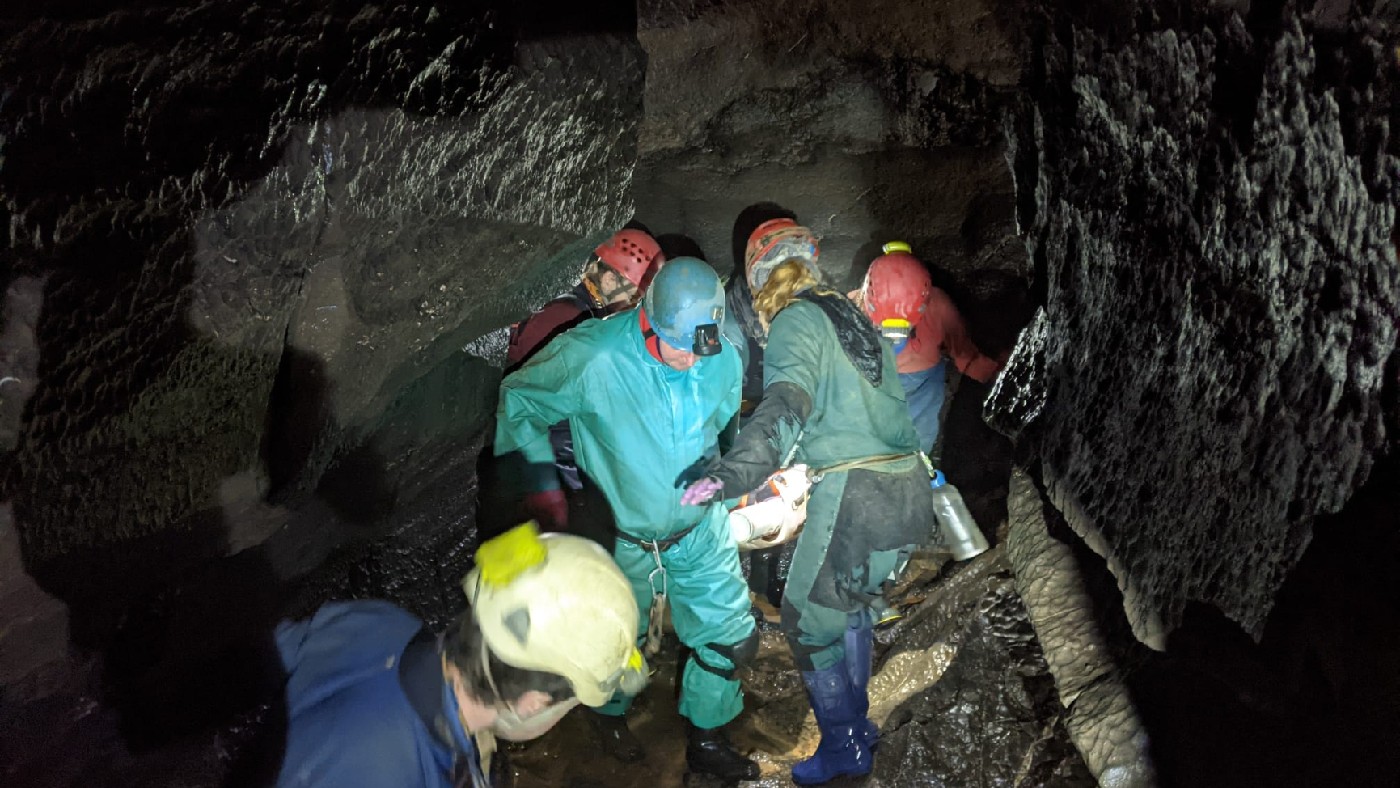
A free daily email with the biggest news stories of the day – and the best features from TheWeek.com
You are now subscribed
Your newsletter sign-up was successful
An injured man trapped underground in the Brecon Beacons has been rescued after a complex, two-day mission involving around 250 specialist rescuers.
The man, whose identity hasn’t been revealed to the media but is thought to be in his 40s and an experienced caver, fell while caving in Ogof Ffynnon Ddu near Penwyllt, a hamlet 20 miles northeast of Swansea in Wales.
His injuries, which included a broken jaw, broken leg and damage to his spine, meant he wasn’t able to free himself from the cavern he had fallen into.
The Week
Escape your echo chamber. Get the facts behind the news, plus analysis from multiple perspectives.

Sign up for The Week's Free Newsletters
From our morning news briefing to a weekly Good News Newsletter, get the best of The Week delivered directly to your inbox.
From our morning news briefing to a weekly Good News Newsletter, get the best of The Week delivered directly to your inbox.
A fellow caver called 999 and a team of specialist cave and mountain rescuers attended the scene.
But, said Wales Online, his injuries and location in the cave meant it “soon became clear that rescuing the man was not going to be a simple task”.
‘Incredibly unlucky’
More than 250 volunteer cave rescuers took part in the efforts to free the man, including 70 people who assisted from underground, working in shifts to help carry him up using a stretcher.
A free daily email with the biggest news stories of the day – and the best features from TheWeek.com
A number of the rescuers travelled from across the country to help, including some who had been involved in the Thai cave rescue in 2018, where 12 schoolboys were rescued with their football coach after 18 days underground.
Peter Francis, one of the rescuers and a member of the South Wales Caving Club (SWCC), said that the man was “an experienced, fit caver”, said the BBC, and his fall was just “incredibly unlucky” – “a matter of putting his foot in the wrong place”, reported Sky News.
He added: “To actually carry somebody in a stretcher, this is a 60-hour job. It’s unbelievable… It’s involved most of the rescue teams in Britain and the way they’ve worked together, meshed together – I just feel so proud of all of them.”
The man is thought to be in a good condition in hospital, despite the severity of his injuries.
Longest cave rescue in Wales
The rescue mission took more than 53 hours, making it the longest cave rescue ever undertaken in Wales, according to the BBC. When explaining why the mission took so long, Francis said that the man “was a mile or two underground in an awkward place”.
The complex Ogof Ffynnon Ddu cave system is one of the deepest in the UK and cavers need a permit from the SWCC to access it.
At their deepest, some of the caves in the system are 300 metres below the ground and they stretch for more than 30 miles, “making them the third-longest cave system in the UK”, said Wales Online.
Francis said the accident was a “one-off” and that Ogof Ffynnon Ddu “is a world-class cave system” and “a fairly safe area”.
According to startcaving.com, caving accidents are rare. The website claims that high-risk cavers run a one in 3,332 chance of dying, compared with one in 60 for base jumping and one in 100 for grand prix motor racing.
Kate Samuelson is The Week's former newsletter editor. She was also a regular guest on award-winning podcast The Week Unwrapped. Kate's career as a journalist began on the MailOnline graduate training scheme, which involved stints as a reporter at the South West News Service's office in Cambridge and the Liverpool Echo. She moved from MailOnline to Time magazine's satellite office in London, where she covered current affairs and culture for both the print mag and website. Before joining The Week, Kate worked at ActionAid UK, where she led the planning and delivery of all content gathering trips, from Bangladesh to Brazil. She is passionate about women's rights and using her skills as a journalist to highlight underrepresented communities. Alongside her staff roles, Kate has written for various magazines and newspapers including Stylist, Metro.co.uk, The Guardian and the i news site. She is also the founder and editor of Cheapskate London, an award-winning weekly newsletter that curates the best free events with the aim of making the capital more accessible.
-
 What to know before filing your own taxes for the first time
What to know before filing your own taxes for the first timethe explainer Tackle this financial milestone with confidence
-
 The biggest box office flops of the 21st century
The biggest box office flops of the 21st centuryin depth Unnecessary remakes and turgid, expensive CGI-fests highlight this list of these most notorious box-office losers
-
 What are the best investments for beginners?
What are the best investments for beginners?The Explainer Stocks and ETFs and bonds, oh my
-
 Teenager becomes first Tetris victor
Teenager becomes first Tetris victorTall Tales And other stories from the stranger side of life
-
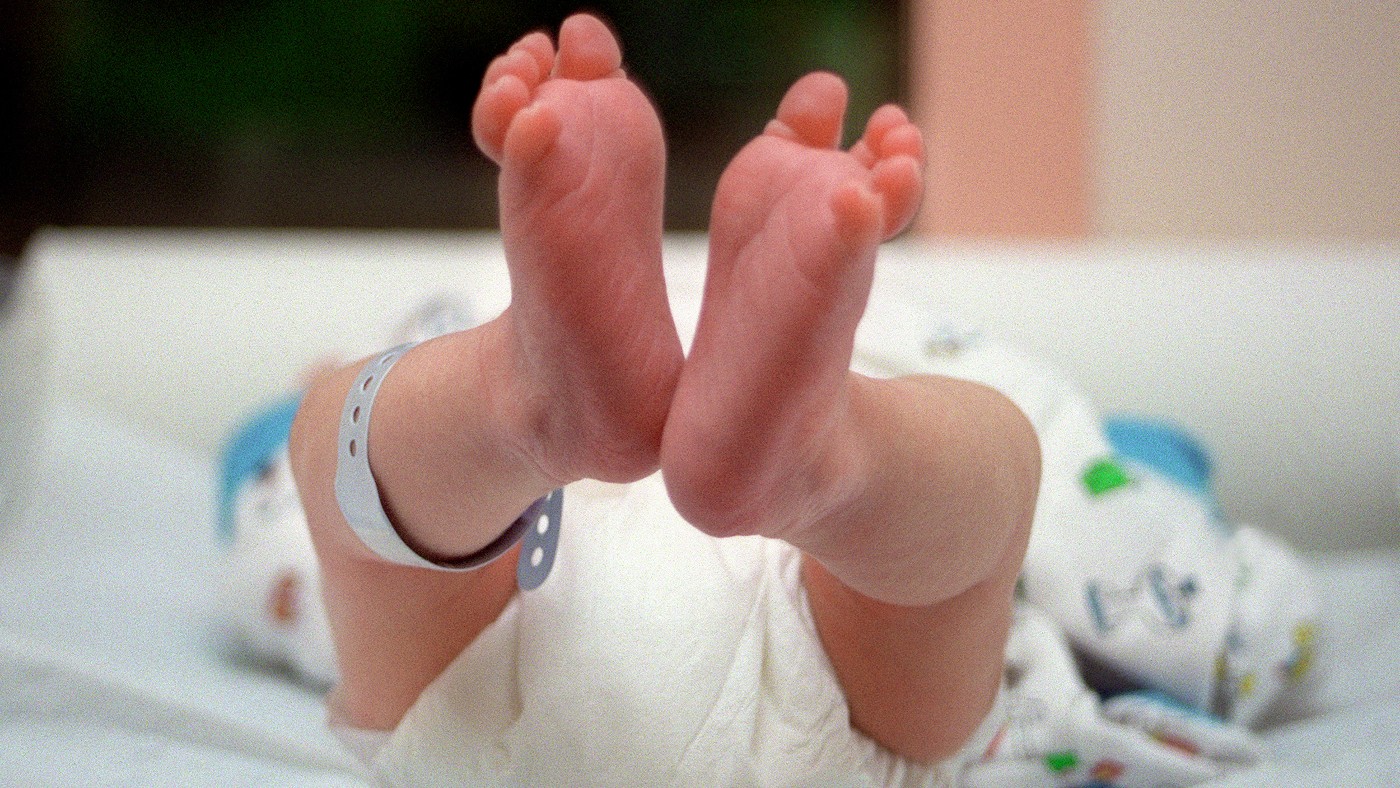 Twins born in separate years
Twins born in separate yearsTall Tales And other stories from the stranger side of life
-
 World's 'smelliest cheese' hits shelves
World's 'smelliest cheese' hits shelvesTall Tales And other stories from the stranger side of life
-
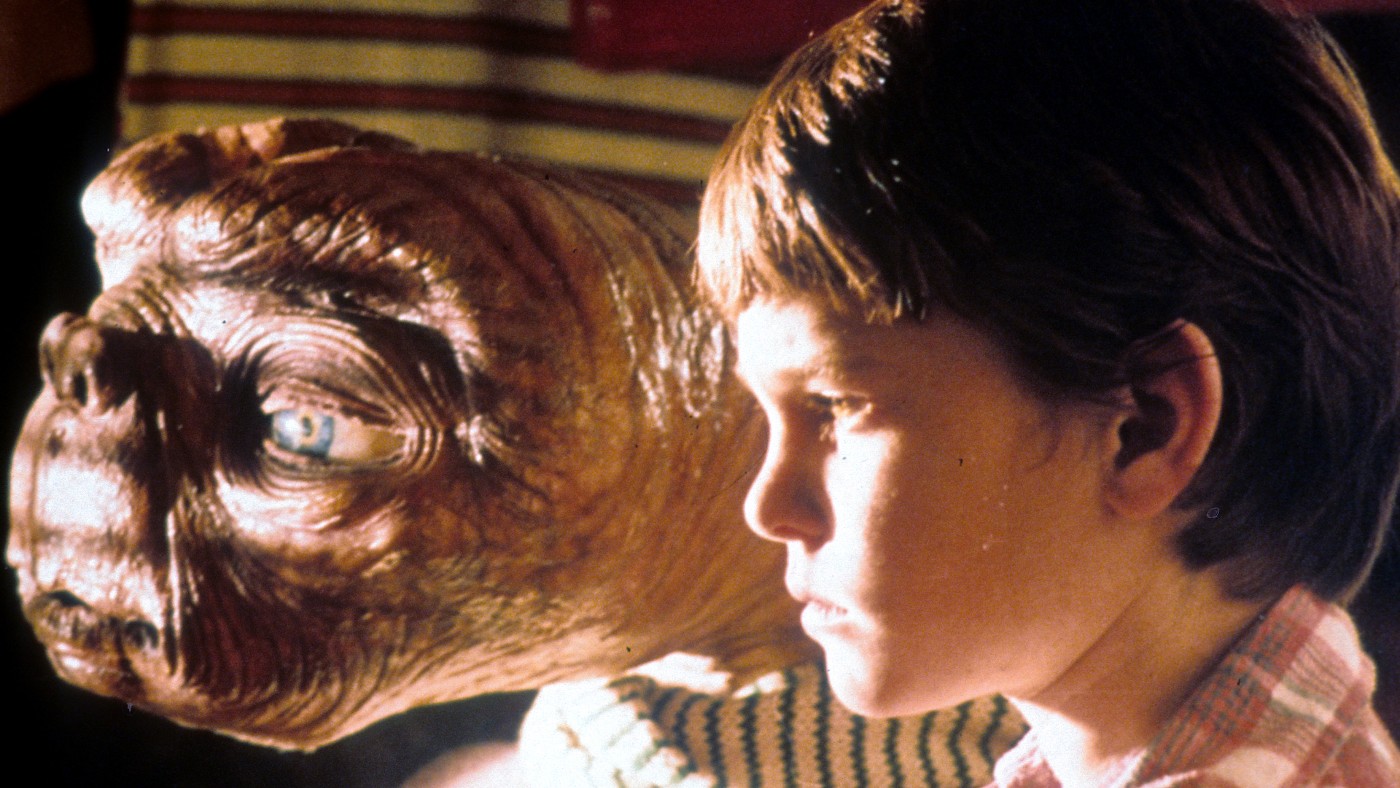 Locals speculate about aliens in Wales
Locals speculate about aliens in WalesTall Tales And other stories from the stranger side of life
-
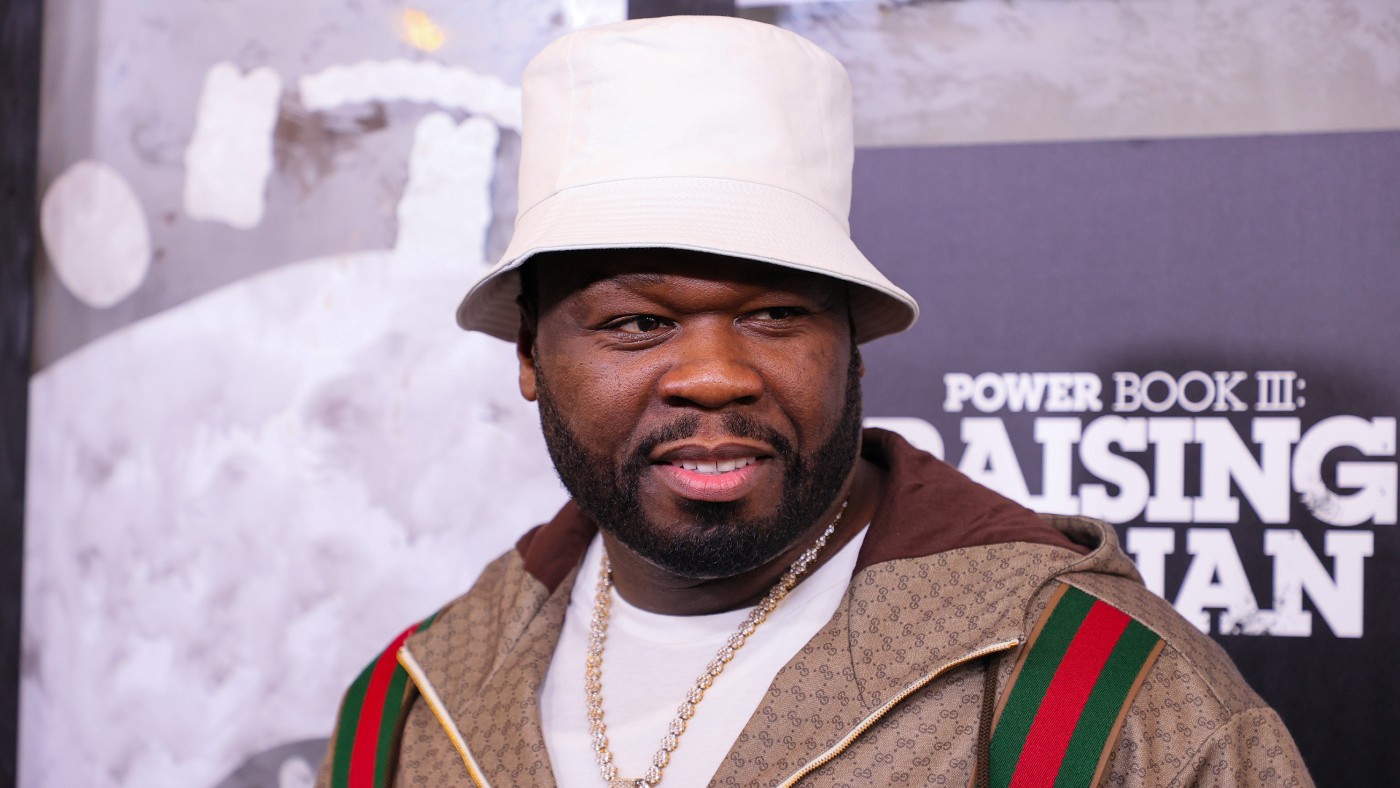 50 Cent sponsors Welsh under-14s football team
50 Cent sponsors Welsh under-14s football teamTall Tales And other stories from the stranger side of life
-
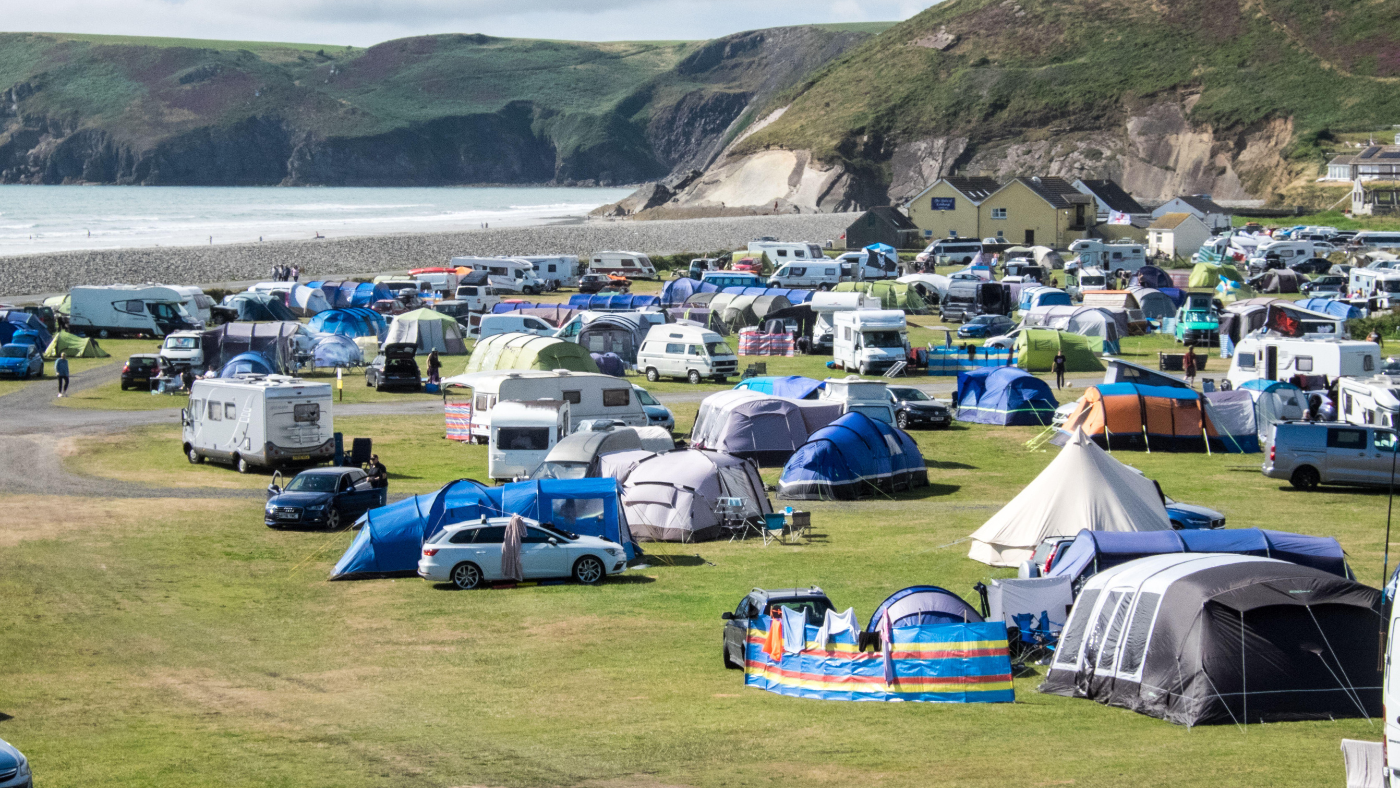 Pembrokeshire campsite crash: baby saved after car ‘catapulted’ from road
Pembrokeshire campsite crash: baby saved after car ‘catapulted’ from roadSpeed Read Vehicle was travelling at ‘80 or 90mph’ in 30mph zone, site owner says
-
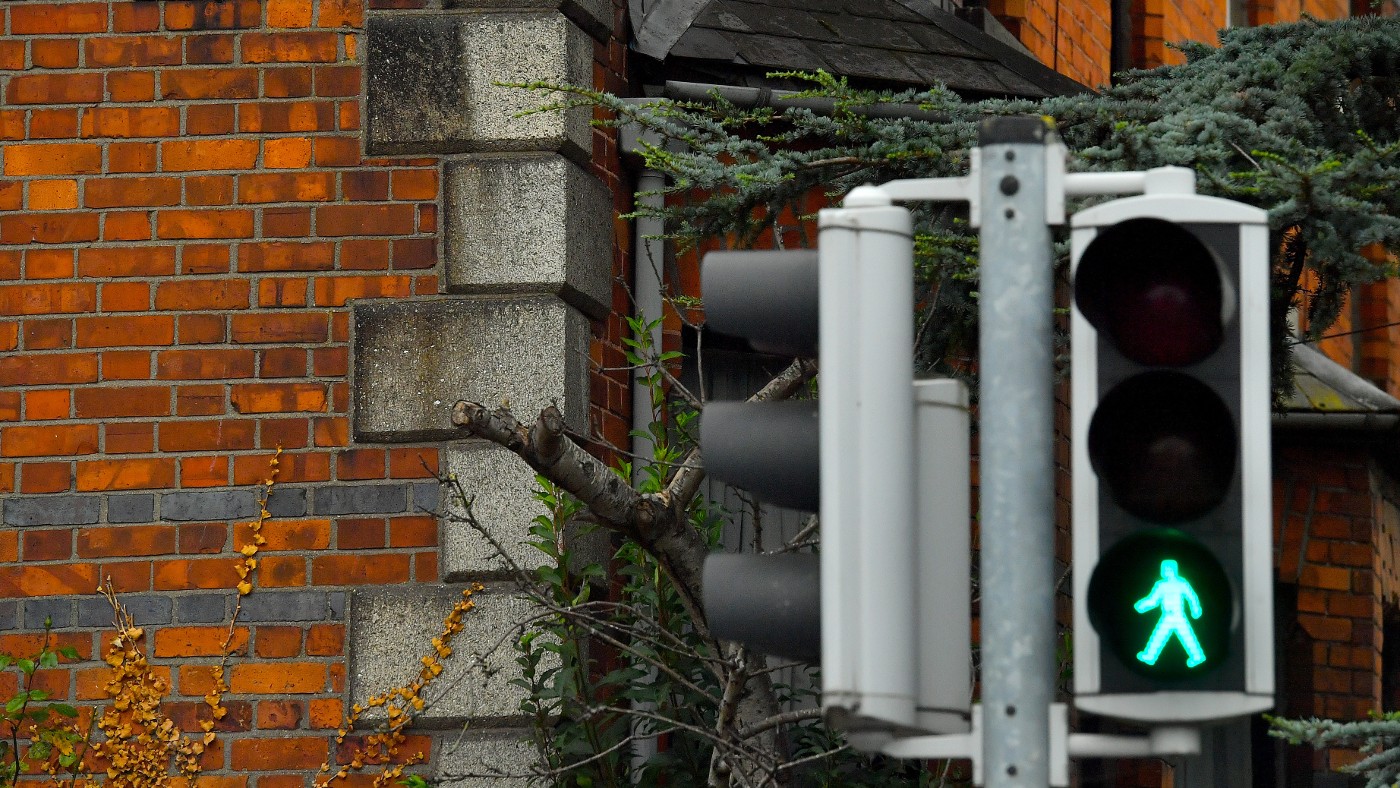 Green man will stay on longer for fat Brits
Green man will stay on longer for fat Britsfeature And other stories from the stranger side of life
-
 Singer divorces her ghost husband
Singer divorces her ghost husbandfeature And other stories from the stranger side of life